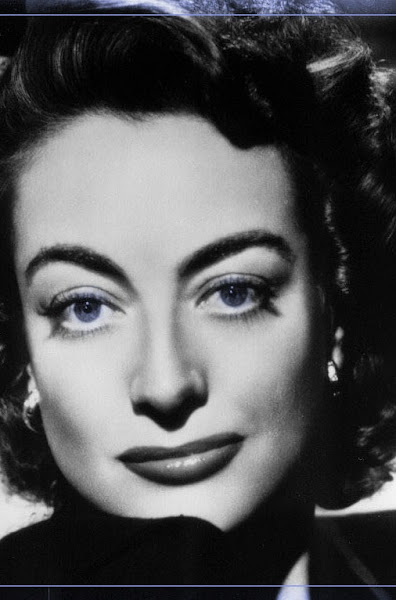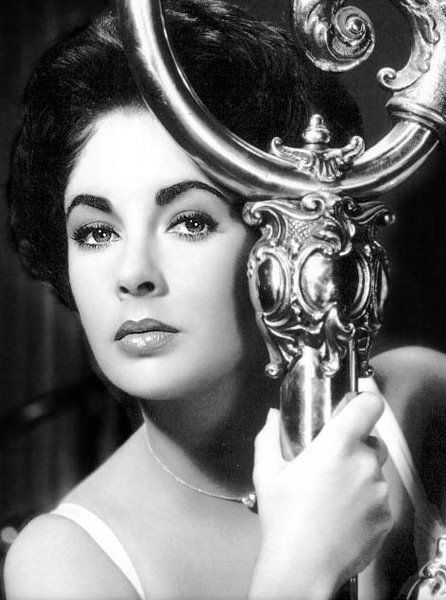 **** out of ****
**** out of ****
One of the great paradoxes of humanity is the way that we audibly deplore reality television and especially soap operas for their over-the-top melodrama and absurd storylines, but we also, in secret, cannot get enough of the theatrics. Humans thrive on the attention-grabbing, eye-pleasing cotton candy confectionery of relationships presented in melodrama. This is why “Written on the Wind” makes for such a great film for audiences. Combine the rich entertainment value with sleek, beautiful art direction, impressive direction by Douglas Sirk, stellar performances, and irresistible dialogue, and “Written on the Wind” may be one of the greatest melodramas, if not one of the best films, ever made.
Forget “Dirty, Sexy Money” and everything you know about what is “beautiful, dirty, rich”—the Hadleys of “Written on the Wind” are the precursors of probably every disgustingly decadent, morally handicapped family in film and on television. The film begins with Kyle Hadley’s (Robert Stack) pursuit of New York executive secretary Lucy Moore (Lauren Bacall) that leads to a whirlwind courtship and quick marriage. Mitch Wayne (Rock Hudson) is Hadley’s loyal friend, a strong, sensitive type who always takes care of his silver spoon-fed friend, the son of Texas oil baron, Jasper Hadley (Robert Keith). Jasper Hadley’s other child is daughter Marylee (Dorothy Malone), a devilishly sexy woman who desires Mitch but contents herself with a number of male sexual partners in the meantime. Kyle Hadley’s impulsive marriage begins to fall apart when he is told that he is deficient in his ability to reproduce. He turns heavily to the bottle for consolation and reacts violently when his wife, Lucy, happily tells him that he is indeed not a failure and that she is pregnant. However, the seeds of doubt have been planted in his head by Marylee, who has implied to him an affair between Lucy and Mitch, who is indeed in love with her from a distance but remains loyal to Kyle. Kyle’s reactions spiral out of control, leading to the wildly tenuous conclusion and to perhaps the self-destruction of the Hadley clan.
Most importantly, “Written on the Wind,” with its handsome direction by Douglas Sirk, is a picture that must be considered in “epic proportions”— as “a melodrama to end all melodramas.” With the aid of cinematography and art direction, the film’s rich colors are one of its greatest features, revealing the superficiality and artificiality intrinsic to the lifestyles of the Hadleys (also with the help of mirrors as a motif). In addition, the score is romanticized in the sumptuous style of Wagner (complete with leitmotifs!), which continues to allude to the film’s lushness, which, in turn, reminds viewers of the story’s greater superficiality.
Another enjoyable aspect of “Written on the Wind” is the performances. Bacall and Hudson are formidable in their roles as Lucy and Mitch, but the antagonistic, brazen—almost audacious—performances of Stack and Malone as spoiled rotten Kyle and Marylee far outweigh the more subdued acting of the main stars. Malone is indeed the biggest scene-stealer in the whole film, and her Academy Award is duly noted. Her facial acting is impressive in scenes where Sirk frames her in all shadow, save for her eyes, and other scenes, including the scene where she reflects alone by the pond and the scene of her final redemption, are particularly touching. Demonstrating her dynamic range of acting skills, Malone is also impressive as “sex kitten.” Interestingly enough, although she does thirst for sex, especially with Mitch, I would not call her the nymphomaniac most critics call her (which I would go so far as to identify as a result of double standards in identifying the sexual desires of women). Malone’s sexuality is a great plot device in “Written on the Wind,” and the strength she brings to the role of Marylee certainly fuels the film’s sexuality, which bubbles forcefully just below the surface.
Speaking of the film’s underlying sexuality, there are euphemisms abound in “Written on the Wind,” which often salaciously spice up the dialogue. For example, in the morning after Kyle’s and Lucy’s night in Miami, his use of the word “fun” basically talks coyly around the idea of trying to bed her the previous night. Interestingly enough, possibly constructed in part due to the Hays Code in effect at the time, I think the film’s veiled naughty conversation actually comes off much more delightfully than if it were allowed to be “spelled out.” Innuendo, after all, is more sugary sweet to the ears. This kind of well-written dialogue is also bolstered by being fiendishly catty, scandalous, and full of incredible one-liners (my favorite being Malone’s biting “Because I never had him… but your wife has”). Best of all, though, the plot has ridiculously over-the-top twists (like most good melodrama), which makes the whole film so indelibly delicious.
And it is this deliciousness that will keep us watching Sirk’s picture for another fifty years. The film’s exquisite beauty has not lost its luster over the years, and the film’s audacious plot is still as delightfully tacky today as it must have been in 1956. Sirk’s story of superficiality might, then, be ageless. “Written on the Wind?” Hardly.
April 13, 2009
Written on the Wind
Subscribe to:
Post Comments (Atom)

.jpg)

.jpg)
.jpg)

No comments:
Post a Comment